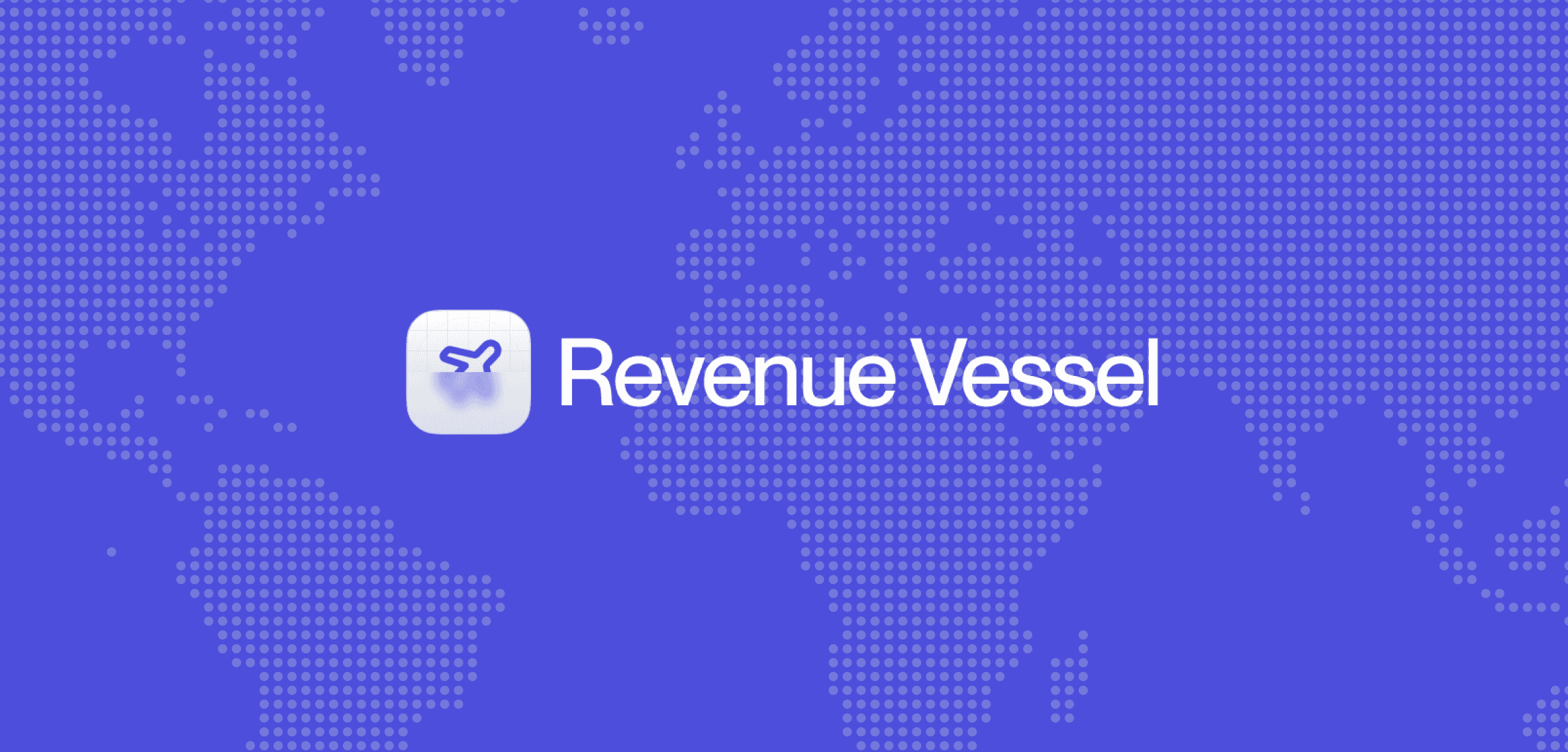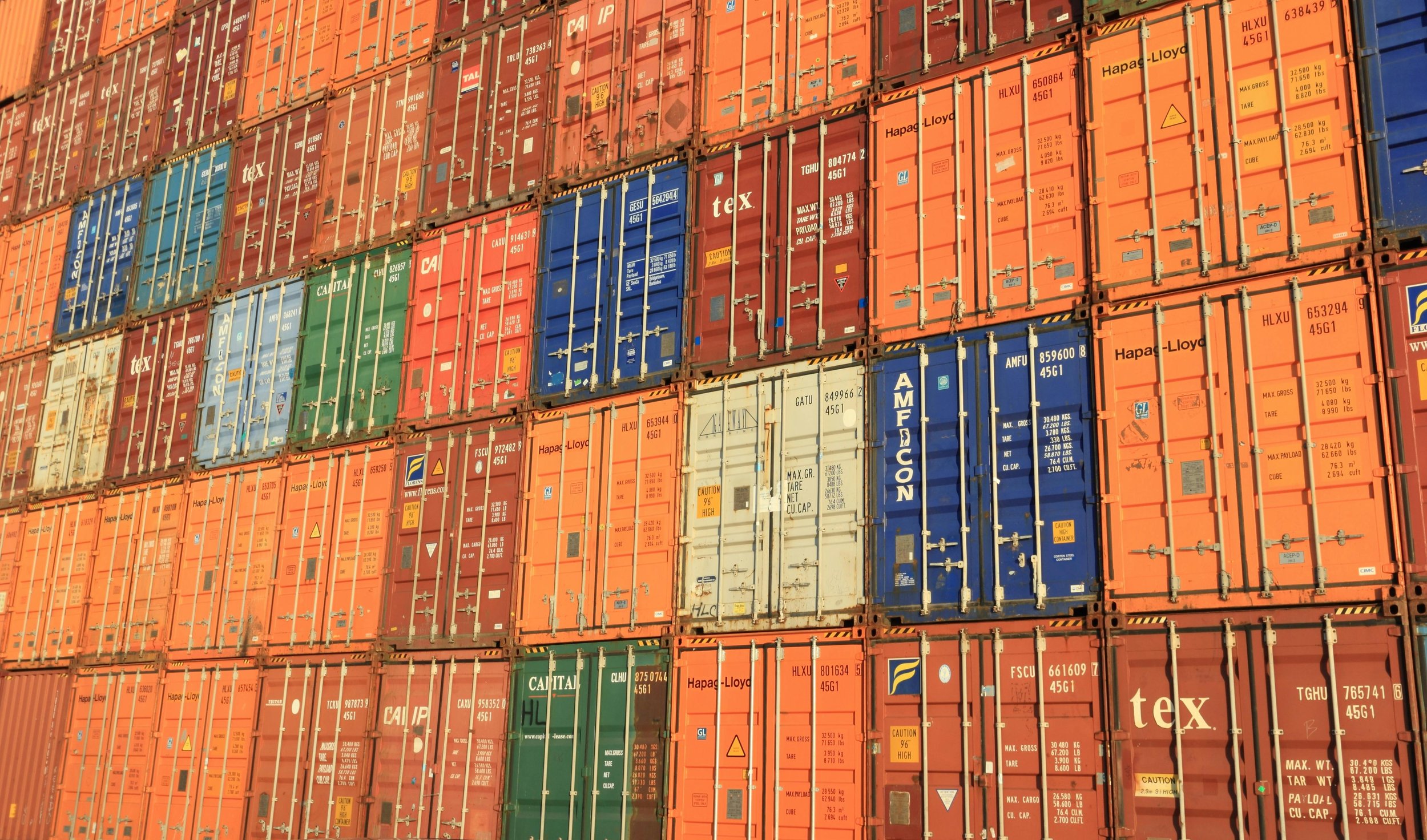Insights
The logistics landscape is evolving at a remarkable pace, driven by technological advancements that enhance operational efficiency and customer satisfaction. One of the most significant developments in this arena is the rise of freight forwarding software. As supply chain professionals with extensive experience, we understand that CEOs, Chief Revenue Officers, and VPs of Sales must adapt to these changes to stay competitive. This article will explore the critical aspects of freight forwarding software, its benefits, and how to select the best solution for your organization.
Author:
Brian Li
Published on:
Oct 5, 2024
Freight forwarding software is a specialized tool designed to streamline the complex processes involved in transporting goods from one point to another. This software typically includes features for managing shipments, tracking cargo, handling documentation, and ensuring compliance with customs regulations.
Why Invest in Freight Forwarding Software?
The logistics industry is under pressure to improve efficiency and reduce costs. According to a report by McKinsey, digital transformation in logistics can reduce operational costs by 15-20% and enhance service quality (McKinsey & Company). Freight forwarding software is crucial in achieving these objectives.
When evaluating freight forwarding software, it’s essential to consider various features that can significantly impact your logistics operations.
1. End-to-End Visibility
A hallmark of modern freight forwarding software is its ability to provide real-time visibility into shipments. This feature enables businesses to track cargo from origin to destination, helping to enhance customer service and manage expectations effectively.
2. Automated Documentation
The software automates the generation of essential shipping documents, including bills of lading, invoices, and customs declarations. This automation minimizes human error and accelerates the documentation process, allowing teams to focus on strategic activities.
3. Customs Compliance
Navigating customs regulations can be daunting, especially for international shipments. Freight forwarding software often includes built-in compliance features that ensure all necessary documentation is in order, reducing the risk of costly delays.
4. Integration Capabilities
The ability to integrate seamlessly with other systems, such as Transportation Management Systems (TMS), Enterprise Resource Planning (ERP) software, and Customer Relationship Management (CRM) tools, is crucial. This integration allows for data sharing across platforms, eliminating silos and enhancing operational efficiency.
5. Cost Estimation Tools
Effective freight forwarding software should provide tools for real-time cost estimation based on current market rates. This feature helps logistics companies offer competitive quotes to their customers while maintaining profitability.
1. Improved Efficiency
By automating routine tasks and providing real-time data, freight forwarding software significantly enhances operational efficiency. According to a study by the World Bank, automated processes can reduce transit times by up to 30% (World Bank, 2019).
2. Cost Savings
With features that optimize shipping routes and reduce administrative burdens, companies can achieve significant cost savings. A report by Deloitte highlights that logistics companies implementing automated solutions can save up to 20% in operational costs (Deloitte, 2021).
3. Enhanced Customer Service
Real-time tracking and automated updates improve communication with customers, leading to higher satisfaction levels. Research indicates that companies focusing on customer experience can see revenue growth of 4-8% above their market.
4. Scalability
Freight forwarding software solutions are designed to scale with your business. Whether you are a small startup or a large enterprise, these tools can adapt to changing demands and growing operations.
1. Needs Assessment
Before selecting a software solution, conduct a thorough assessment of your organization’s specific needs and pain points. This analysis will help you identify the most suitable features and functionalities for your operations.
2. Choosing the Right Provider
With numerous options available, comparing freight forwarding software providers based on features, pricing, and customer reviews is essential. Look for platforms that offer strong integration capabilities and customer support.
3. Training and Support
Investing in training for your team is crucial for successful software implementation. Ensure your staff is well-equipped to use the software effectively, maximizing its potential benefits.
4. Monitoring Performance
After implementation, continually monitor the software’s performance. Gather feedback from users and make necessary adjustments to optimize workflows and ensure the system meets your expectations.
1. Revenue Vessel
Revenue Vessel is tailored specifically for freight forwarders, offering integrated data solutions for air, ocean, and cross-border trade. It simplifies prospecting and lead generation, making it ideal for freight forwarding companies looking to streamline operations.
2. Magaya
Magaya offers a comprehensive suite for logistics management, including customs compliance and warehouse management. Its flexibility and strong integration capabilities make it a robust option for many businesses.
3. CargoWise
CargoWise is a leading platform for global freight forwarding companies, providing powerful tools for compliance and workflow automation. However, it often comes with a higher price tag.
4. Descartes MacroPoint
Specializing in real-time freight visibility, Descartes MacroPoint is best suited for shippers and carriers that require detailed tracking of shipments.
In today's fast-paced logistics environment, the right freight forwarding software can be a game-changer for operational efficiency and customer satisfaction. By automating key processes and providing valuable insights, these solutions enable businesses to stay competitive and responsive to market demands.
As a seasoned supply chain professional, I encourage logistics leaders to consider the advantages of implementing a robust freight forwarding software solution. By carefully evaluating your needs and choosing the right platform, you can drive significant improvements in your logistics operations.
For more information on freight forwarding software and how it can enhance your business, consider reaching out to industry experts or exploring demo options from leading software providers.
We also have a guide on Import Genius and Panjiva vs. Revenue Vessel, Magaya vs. Cargowise, and a review of Magaya.
For companies focused on sales-driven growth, it’s time to consider Revenue Vessel as a key part of your strategy. Schedule a demo today and see how we can help your team close more deals, faster.
About Us
Revenue Vessel is a leading provider of import data solutions designed to enhance sales and identify new leads in the logistics industry. They offer a platform that enables businesses to launch strategic campaigns, streamline sales cycles, and utilize modern prospecting tools tailored for freight. What makes Revenue Vessel unique is its ability to simplify data integration and prospecting, making it easier for companies to harness the power of import data effectively.

















